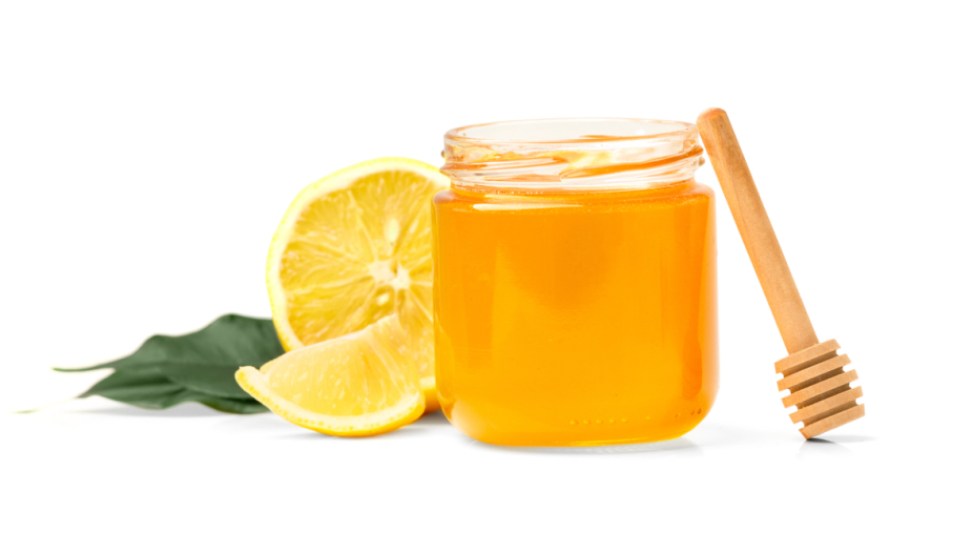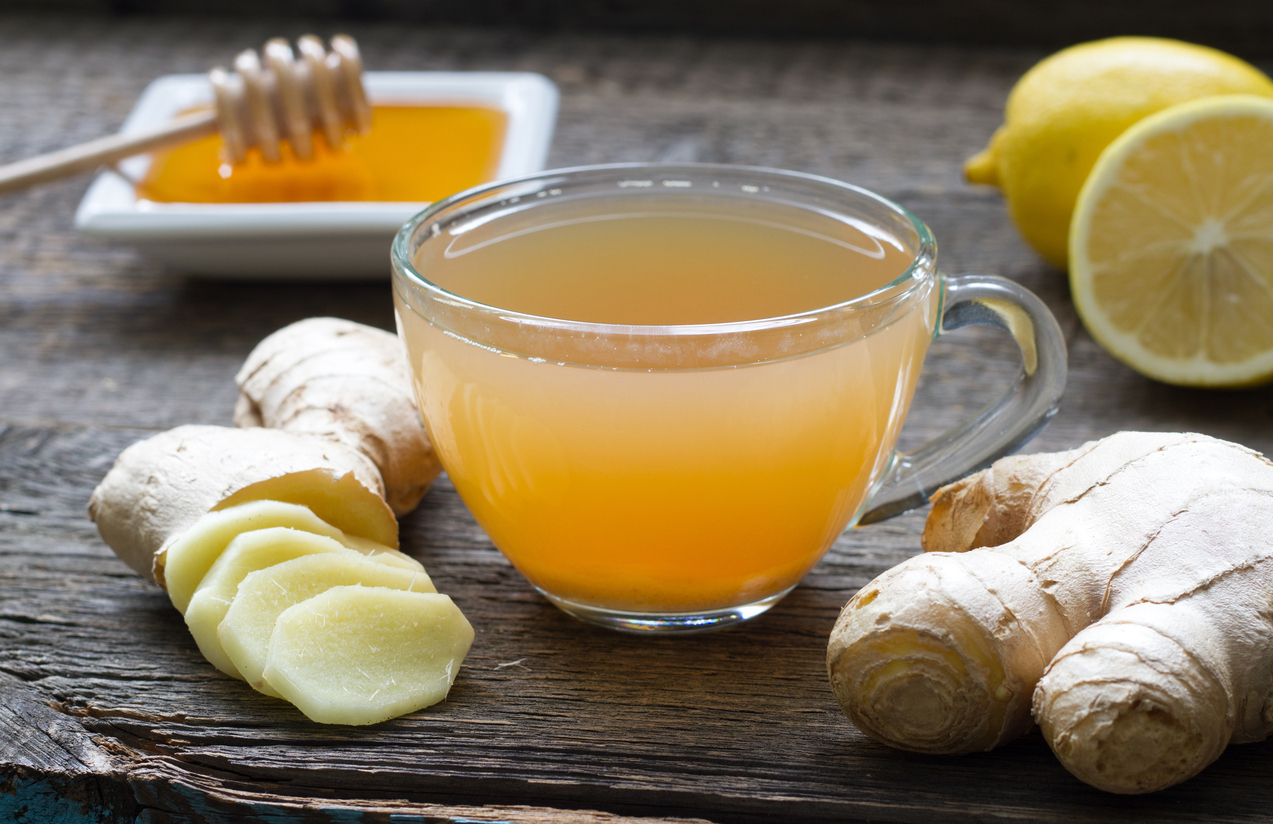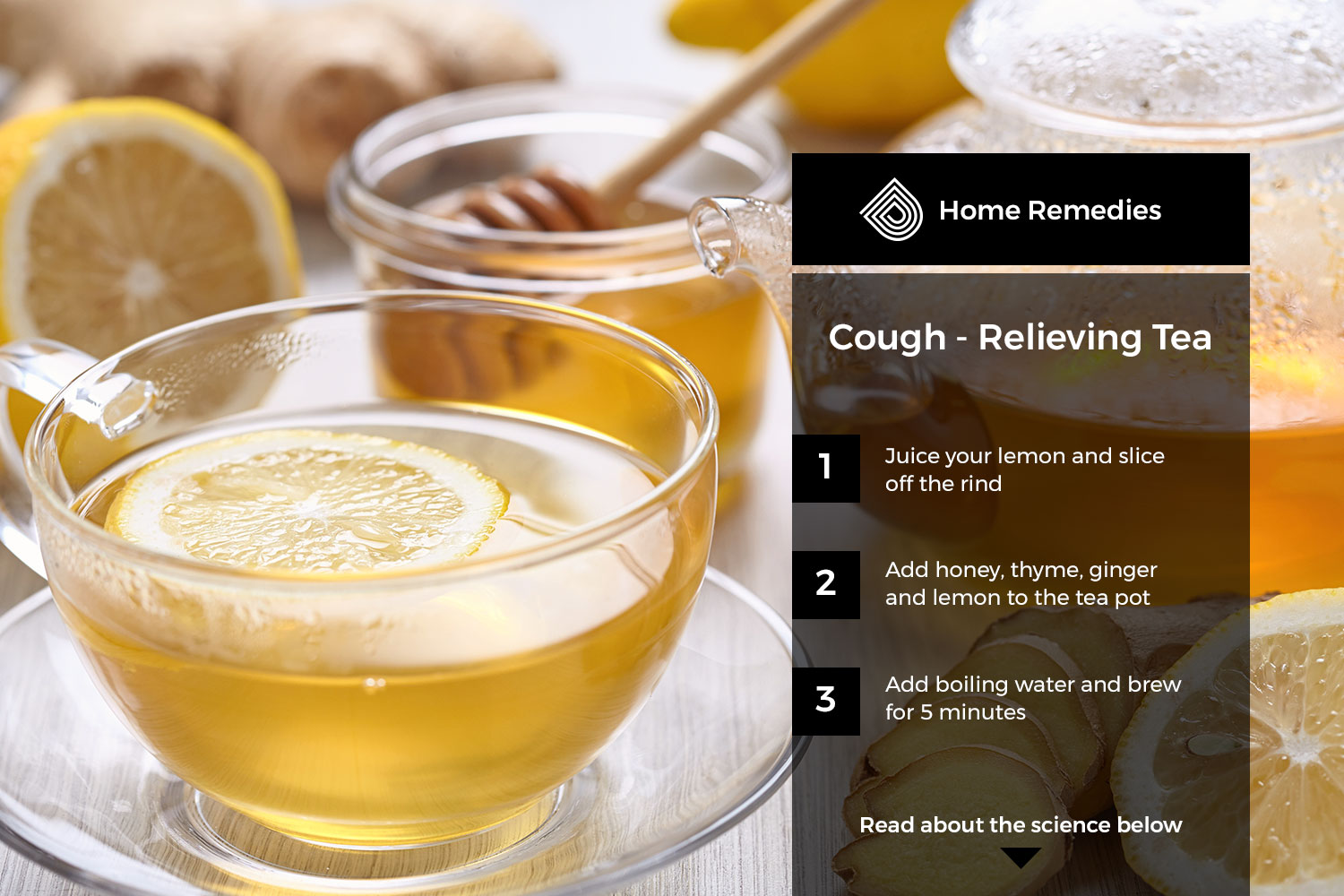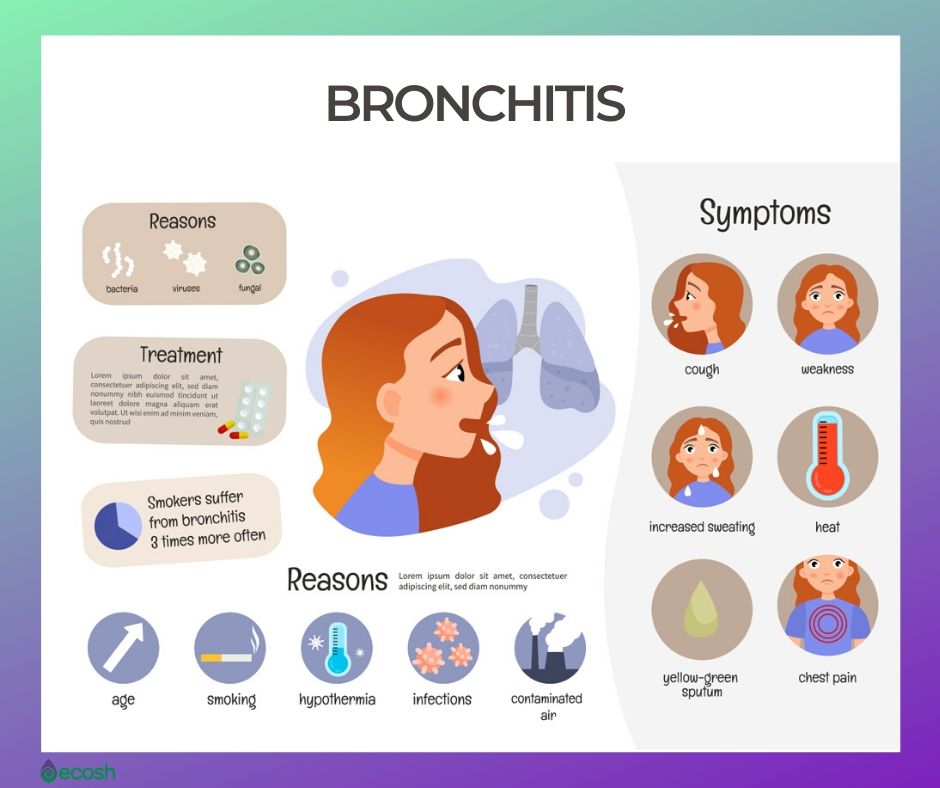Natural Remedies for cough and bronchitis are common respiratory conditions that can cause discomfort and distress. Coughing is the body’s natural way of clearing irritants from the lungs, while bronchitis refers to inflammation of the bronchial tubes. Both conditions can result in symptoms such as coughing, chest congestion, and difficulty breathing. While medical treatment may be necessary in severe cases, there are also natural remedies that can help alleviate symptoms and promote healing. In this article, we will explore some effective natural remedies for cough and bronchitis that you can try at home.
Overview of Cough and Bronchitis

Cough and bronchitis are common respiratory conditions that can cause discomfort and distress. Coughing is the body’s natural way of clearing irritants from the lungs, while bronchitis refers to inflammation of the bronchial tubes. Both conditions can result in symptoms such as coughing, chest congestion, and difficulty breathing. While medical treatment may be necessary in severe cases, there are also natural remedies that can help alleviate symptoms and promote healing. In this article, we will explore some effective natural remedies for cough and bronchitis that you can try at home.
Causes and symptoms of Cough and Bronchitis

Cough and bronchitis can have various causes. They are often the result of viral or bacterial infections, smoking, exposure to irritants like pollutants or allergens, and chronic conditions such as asthma or COPD. Common symptoms include persistent coughing, chest congestion, wheezing, shortness of breath, and production of mucus. In some cases, there may also be fever, fatigue, and body aches. It is important to identify the cause of the cough or bronchitis in order to determine the most suitable treatment approach.
Honey and Lemon Remedy

Honey and lemon have been used for centuries as natural remedies for cough and bronchitis. They both possess antibacterial and anti-inflammatory properties that can help soothe a sore throat and reduce coughing. Lemon is rich in vitamin C, which boosts the immune system, while honey has a soothing effect on the throat. To make the remedy, simply mix 2 tablespoons of honey with the juice of half a lemon in a cup of warm water. Drink this mixture several times a day to relieve coughing and ease bronchial irritation.
Benefits of Honey and Lemon for Cough and Bronchitis

Honey and lemon have been used for centuries as natural remedies for cough and bronchitis. They both possess antibacterial and anti-inflammatory properties that can help soothe a sore throat and reduce coughing. Lemon is rich in vitamin C, which boosts the immune system, while honey has a soothing effect on the throat. The combination of honey and lemon helps to thin mucus, making it easier to expel from the respiratory system. Additionally, honey provides a protective coating for the throat, reducing irritation and coughing spasms.
How to prepare and use Honey and Lemon remedy

To prepare the honey and lemon remedy for cough and bronchitis, simply squeeze the juice of half a lemon into a cup. Add 1-2 tablespoons of honey to the cup and mix well until combined. You can drink this mixture as is, or add it to a cup of warm water if desired. Sip on this concoction several times a day to soothe your throat and alleviate coughing symptoms. It’s important to note that children under one year old should not consume honey due to the risk of botulism.
Ginger Tea for Cough and Bronchitis

Ginger tea is a popular natural remedy for cough and bronchitis, thanks to its soothing properties. It helps to relieve congestion and reduce inflammation in the respiratory system. The health benefits of ginger tea also include its antibacterial and antiviral properties, which can help fight off infections. To make ginger tea, simply grate a small piece of fresh ginger root into a cup of boiling water. Let it steep for 10-15 minutes, then strain and drink. You can add honey or lemon for additional flavor and throat-soothing benefits. Sip on this warm tea several times a day to alleviate cough and bronchitis symptoms.
| Benefits | Recipe | Dosages |
|---|---|---|
| – Relieves congestion – Reduces inflammation – Fights infections |
– Grate fresh ginger into boiling water – Let it steep for 10-15 minutes – Strain and drink |
– Drink several cups throughout the day – Adjust dosage based on personal preference |
Health benefits of Ginger Tea

Ginger tea offers several health benefits for cough and bronchitis. It has soothing properties that help relieve congestion and reduce inflammation in the respiratory system. Moreover, ginger has antibacterial and antiviral properties, making it effective in fighting off infections. To enjoy these benefits, grate a small piece of fresh ginger root into a cup of boiling water. Let it steep for 10-15 minutes, then strain and drink. Add honey or lemon for additional flavor and throat-soothing benefits. Sip on this warm tea multiple times a day to alleviate cough and bronchitis symptoms
Recipe and dosages of Ginger Tea for relieving Cough and Bronchitis symptoms

To make ginger tea, grate a small piece of fresh ginger root into a cup of boiling water. Let it steep for 10-15 minutes, then strain and drink. You can add honey or lemon for additional flavor and throat-soothing benefits. Drink this warm tea multiple times a day to alleviate cough and bronchitis symptoms. It’s important to note that there are no specific dosages for ginger tea, but you can adjust the amount of ginger according to your preference and tolerance.
Steam Inhalation and Essential Oils

Steam inhalation can be an effective natural remedy for cough and bronchitis symptoms. The warm steam helps to soothe the airways and relieve congestion, making it easier to breathe. Adding a few drops of essential oils like eucalyptus or peppermint can further enhance the benefits. These oils have antimicrobial properties and can help clear mucus from the lungs. To do steam inhalation, boil water in a pot, remove from heat, and add a few drops of essential oil. Place a towel over your head, lean over the pot, and inhale the steam for 5-10 minutes. Be cautious to avoid burns from hot steam.
Effectiveness of Steam Inhalation for respiratory issues
:max_bytes(150000):strip_icc()/Bronchitis-treatments-770331-v1-2c7ac2df955f4993906e37771c9a2940.jpg)
Steam inhalation has been found to be an effective natural remedy for respiratory issues such as cough and bronchitis. The warm steam helps to soothe the airways, reduce inflammation, and relieve congestion, making it easier to breathe. Adding essential oils like eucalyptus or peppermint can enhance the benefits even further, as these oils have antimicrobial properties and can help clear mucus from the lungs. Steam inhalation is a simple and accessible method that can provide quick relief for respiratory symptoms.
Recommended Essential Oils for Steam Inhalation

When it comes to steam inhalation, certain essential oils can enhance its effectiveness by providing additional therapeutic benefits. Some of the recommended essential oils for steam inhalation include:
- Eucalyptus oil: Known for its anti-inflammatory and expectorant properties, eucalyptus oil can help soothe the airways and relieve congestion.
- Peppermint oil: With its cooling menthol scent, peppermint oil can help open up the airways and provide relief from respiratory symptoms.
- Tea tree oil: With its antimicrobial properties, tea tree oil can help fight off infections and clear mucus from the lungs.
- Lavender oil: Known for its calming effects, lavender oil can help reduce inflammation in the airways and promote relaxation during steam inhalation.
When using essential oils for steam inhalation, always dilute them with water or carrier oils according to the instructions provided, as direct application of undiluted essential oils can be irritating to the skin and respiratory system.
Turmeric Milk

Turmeric milk, also known as golden milk, is a traditional remedy for chest congestion and cough. Turmeric contains a compound called curcumin, which has anti-inflammatory and antioxidant properties that can help soothe the respiratory system. Drinking turmeric milk can provide relief from coughing and promote healing in the lungs. To prepare turmeric milk, mix a teaspoon of turmeric powder with a cup of warm milk. You can add a pinch of black pepper to enhance the absorption of curcumin. Enjoy this soothing drink before bedtime for maximum benefit.
Benefits of Turmeric Milk for chest congestion

Turmeric milk is a natural remedy that can provide relief from chest congestion. The key ingredient in turmeric, curcumin, has anti-inflammatory and antioxidant properties that help reduce inflammation in the respiratory system. This can help clear mucus and ease breathing. Additionally, turmeric milk can boost the immune system and speed up the healing process. It’s a soothing drink that can be consumed before bedtime for maximum benefit. Incorporating turmeric milk into your daily routine can provide relief from chest congestion caused by cough and bronchitis.
Preparation and consumption tips for Turmeric Milk remedy

Here are some simple steps to prepare and consume turmeric milk for chest congestion relief:
- In a small saucepan, heat 1 cup of milk (you can use any type of milk: cow’s milk, almond milk, etc.) over medium heat.
- Add 1 teaspoon of ground turmeric to the heated milk.
- Stir well to ensure the turmeric is fully mixed into the milk.
- Optional: You can also add a pinch of black pepper or honey for added benefits and taste.
- Continue to heat the mixture for another 2-3 minutes until it is hot but not boiling.
- Pour the turmeric milk into a mug and let it cool slightly before consuming.
- Drink this soothing concoction before bedtime for maximum effect on chest congestion.
Remember to stir the turmeric mixture as you drink to keep it well-mixed. Enjoy the warm and comforting turmeric milk as a natural remedy for chest congestion!
Conclusion Natural Remedies for cough and bronchitis
:max_bytes(150000):strip_icc()/503847841-569feee55f9b58eba4adfc62.jpg)
In conclusion, natural remedies such as honey and lemon, ginger tea, steam inhalation with essential oils, and turmeric milk can provide relief for cough and bronchitis symptoms. These remedies have been used for centuries due to their effectiveness in soothing the respiratory system. However, it’s important to note that while these remedies can help alleviate symptoms, they may not cure the underlying condition. If your symptoms persist or worsen, it is advisable to seek medical help and professional advice. Additionally, maintaining good hygiene practices and avoiding triggers such as smoke and allergens can further prevent respiratory infections. Stay proactive in taking care of your respiratory health!
Additional natural remedies for Cough and Bronchitis
In addition to honey and lemon, ginger tea, steam inhalation, and turmeric milk, there are other natural remedies that can provide relief for cough and bronchitis symptoms. Some of these remedies include:
- Marshmallow root: It contains compounds that can help reduce inflammation in the respiratory system.
- Eucalyptus oil: Diffusing eucalyptus oil or adding a few drops to hot water for steam inhalation can help clear congestion.
- Saltwater gargle: Mix warm water with salt and gargle several times a day to soothe a sore throat and reduce coughing.
- Probiotics: Consuming probiotic-rich foods or supplements can support immune health and reduce the severity of coughs and colds.
Remember, it’s important to consult with a healthcare professional before trying any new remedies, especially if you have pre-existing medical conditions or are on medication.
When to seek medical help and professional advice

If your cough and bronchitis symptoms persist for more than a few weeks or worsen over time, it’s important to seek medical help. Additionally, if you experience severe chest pain, difficulty breathing, coughing up blood, or high fever, it is crucial to consult a healthcare professional immediately. They can provide a proper diagnosis and recommend appropriate treatments based on the severity of your condition. It is always better to err on the side of caution when it comes to your health.
For More Blogs visit Aerns

